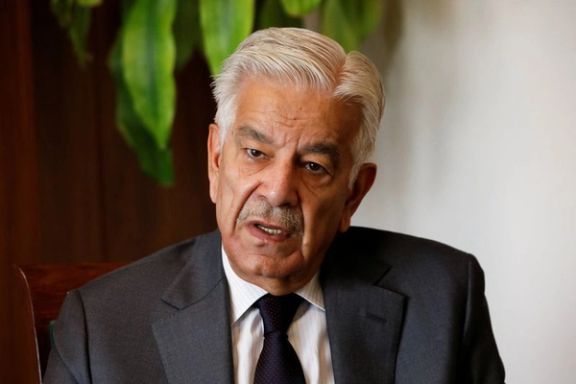Rahmatullah Najib, head of the Taliban’s negotiation team and deputy interior minister in the Taliban administration, said the delegation responded that Akhundzada “does not issue fatwas.” He added that Pakistan should formally submit its request to the Taliban’s Dar al-Ifta,the group’s religious authority, and should not expect a ruling “tailored to its wishes.”
Najib said one of the main topics discussed during the second round of the Istanbul talks was the question of “control,” under which both sides were expected to restrain groups considered “malicious.” He said Pakistan’s proposal required the Taliban to issue a fatwa declaring that the war against the Pakistani government was “illegitimate.”
“The Afghan Taliban cannot declare the war in Pakistan either legitimate or illegitimate,” Najib said, adding that the conflict “does not belong to the Taliban.”
He said Pakistan’s delegation had insisted that Akhundzada personally issue the fatwa to help end the fighting, but the Taliban negotiators clarified that their supreme leader “issues orders and decrees, not fatwas.”
According to Najib, the Taliban delegation urged Pakistan to direct any formal request for a fatwa to the Dar al-Ifta, but warned that such rulings “are issued according to Sharia principles, not political preferences.”
Najib said the Taliban delegation presented two “clear and achievable” demands during the talks: the elimination of Islamic State (ISIS) bases and the arrest of its leaders in Pakistan, and an end to Pakistani military flights violating Afghan airspace.
He described the Taliban’s demands as “simple and practical,” blaming the failure of the five-day talks on what he called Pakistan’s “unrealistic expectations.”
The second round of discussions in Istanbul began as Pakistan’s Defence Minister Khawaja Asif announced that Islamabad was seeking Taliban cooperation to curb Tehrik-e-Taliban Pakistan (TTP) activity. According to reports, Pakistan asked the Afghan Taliban to designate the TTP as a terrorist organisation and expel its members from Afghanistan.
The Taliban deny harbouring foreign fighters and have so far refused to label the TTP a terrorist group.

